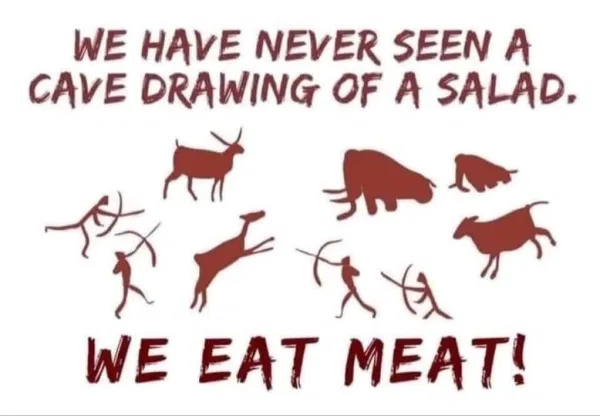I have stated in multiple posts on this forum that my opinion is that ketosis has always been the normal and natural human metabolic state. This because our pre Pleistocene and Pleistocene ancestors, yes even those in central Africa, had no viable nutritional alternative. Once our ancestors came down out of the trees of the rainforest onto the savanna, the evolutionary die was cast. Our ancestors gave up the big, microbe infested guts of our earlier primate ancestors used to extract dilute nutrients in mostly cellulose composed plants. In exchange they started to eat the more energy dense fat and meat browsing the savannas around them. They started to grow bigger, smarter and more energy demanding brains and at the same time arose from all fours to bipedalism that enabled the use of ‘arms’ and ‘hands’ to make tools to kill that new nutrient dense food source.
I’d like to discuss this - that is whether or not ketosis is the normal and natural metabolic state of human beings. For example, if you think eating carbohydrates played a significant role in human evolution, post links to articles and/or presentations in support so we can all examine and discuss them. If you think there is evidence that ketosis is not normal and/or natural and/or a mere survival response to starvation - again, post links to articles and/or presentations in support.
You’re welcome to your opinions. But without citations, they remain your opinions.


